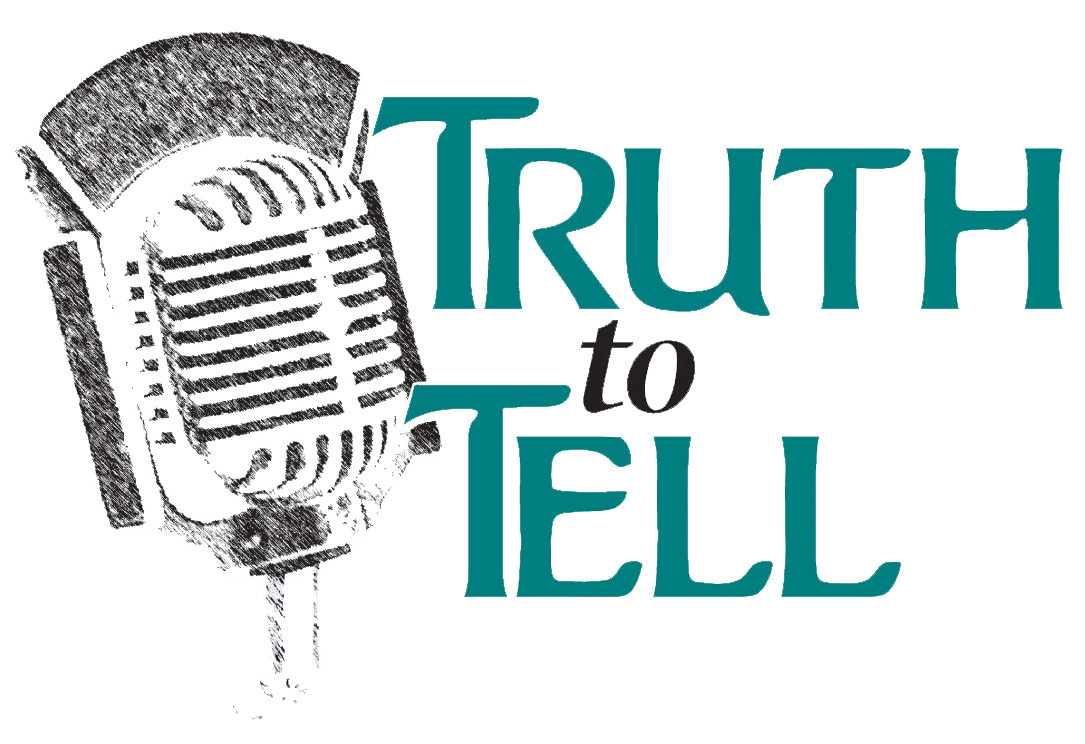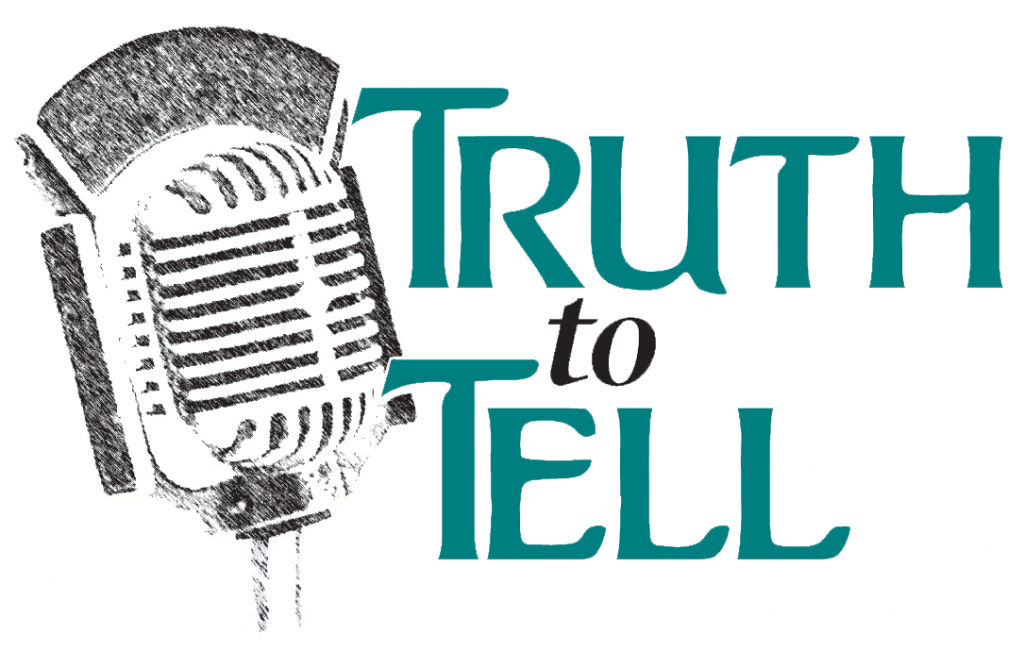ttt1233-aug13-nonprofitgovernance
Remember – call and join the conversation – 612-341-0980 – or Tweet us @TTTAndyDriscoll or post on TruthToTell’s Facebook page.
HELP US BRING YOU THESE IMPORTANT DISCUSSIONS OF COMMUNITY INTEREST – PLEASE DONATE HERE!
~~~~~~~~~~~~~~~~~~~~~~~~
I reckon very few of you have not been involved with sort of nonprofit organization somewhere in your lifetime. Some of us are what many might call nonprofit junkies, although that might be stretching a point, because almost always, it isn’t the nonprofit itself, but what services it performs for the betterment of humankind – usually – that attracts us.
Some nonprofits offer direct services to people in need. Others work with other groups to organize communities or like-minded groups to accomplish a specific mission – often an education effort of some sort or one that delivers services to a specific constituency or funds others doing the same.
Recent years have found many of the thousands of nonprofits re-assessing how they’re funded and governed, perhaps partly because of diminishing pools of dollars available, especially if funders change their priorities in midstream or community and constituent needs change significantly (rare), or even the possibility that expansion is required to fulfill one’s mission (fill the need or abandon it).
Nonprofit boards and staff must often look internally, the most difficult perspective of all – to decide what gut-wrenching changes are needed (aren’t they all?) to either expand their reach or even to survive.
Some of the questions needing to be asked: Can the organization sustain itself as currently configured? Is the governance model working? Who’s in charge and is it an appropriate authority? Is the tail wagging the dog? And, most of all: is the mission being met? Is our constituency being adequately and properly served?
Strategic planning is a normal method for assessing all of these, but one of the most difficult decisions is yet to come for many groups:
To merge or not to merge? And, if yes, with whom? How will that look?
Resistance to change is well-known – classic as a human dynamic. Giving up independence and the authority it brings is another conundrum, especially if a founding mother or father is part of the mix. The questions are unending, which is why we can’t even ask all of them, let alone answer any of them.
But we can create a conversation about the challenges faced by nonprofits as they rush to make hard choices in hard times. Some advocates – especially large social services funders like Greater Twin Cities United Way – clearly believe that mergers portend more success than failure and they offer a study of 41 merged nonprofits conducted over the last several months by MAP for Nonprofits in concert with Wilder Foundation. Titled “Success Factors in Nonprofit Mergers” the study spawned a day-long session last week, held to thrash out the pros and cons of the merger movement. The entire enterprise was funded by Wells Fargo Bank, The Huss Foundation and the Jay and Rose Phillips Family Foundation of Minnesota.
Others in the business of consulting, advising and servicing nonprofits aren’t necessarily so sure. There may be many success factors among nonprofits who’ve merged, but did they really have to and have their individual missions been enhanced by the combined corporations?
TTT’s ANDY DRISCOLL and MICHELLE ALIMORADI talk with two of the leading organizers of the study and the ensuing conference, along with a couple of leaders of well known organizations that have merged, sometime several times over the years. We’ll also bring in an outside consultant in organizational effectiveness and community empowerment.
 JUDY ALNES – Executive Director of MAP for Nonprofits
JUDY ALNES – Executive Director of MAP for Nonprofits
 DINAH SWAIN – Director of Community Forums, Greater Twin Cities United Way; member of the Systems Change and Innovation team
DINAH SWAIN – Director of Community Forums, Greater Twin Cities United Way; member of the Systems Change and Innovation team
 ARMANDO CAMACHO – President, Neighborhood House, St. Paul
ARMANDO CAMACHO – President, Neighborhood House, St. Paul
 STEVE CRAMER – President and Executive Director, Project for Pride in Living; former Minneapolis City Councilmember; former executive director of the Minneapolis Community Development Agency
STEVE CRAMER – President and Executive Director, Project for Pride in Living; former Minneapolis City Councilmember; former executive director of the Minneapolis Community Development Agency
 BARBARA RAYE – Executive Director, Center for Policy, Planning, and Performance
BARBARA RAYE – Executive Director, Center for Policy, Planning, and Performance



